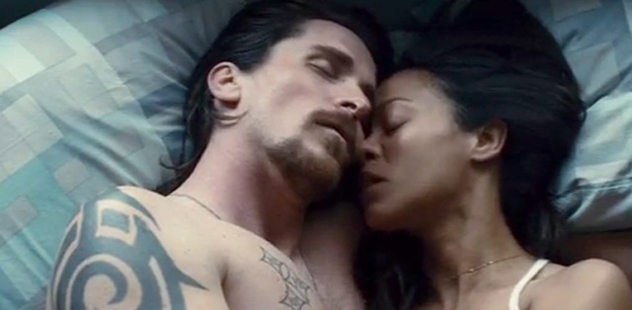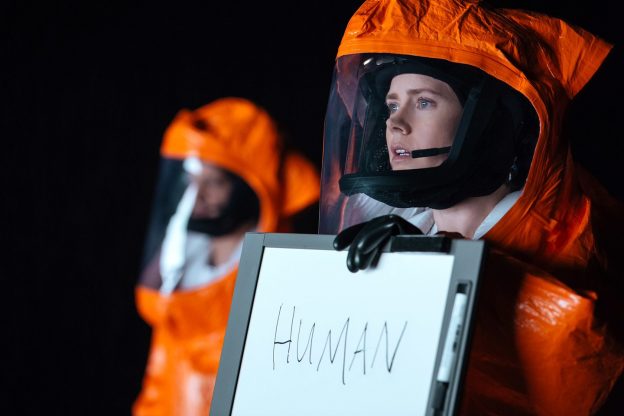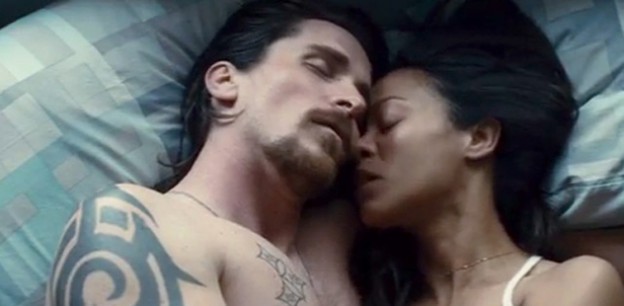Don’t hate me for this, but I think the 21st century hasn’t really done sci-fi very well. It’s disappointing (though I guess Hollywood has been making up for it with a fine selection of contained horror films). We’ve had our fair share of hokey premises, paper-thin plot lines and murky logic-spirals (I’m looking at you, Inception), but there’s hope: Arrival, the remarkable new film by Denis Villeneuve is a breath of fresh alien air.
Director Villeneuve and screenwriter Eric Heisserer’s adaptation of Ted Chiang’s short story picks up where films like 2001: A Space Odyssey and Contact left off—films conceived to honor the artistry of storytelling and the beauty of imagination instead of lining some Hollywood executive’s pockets with Maserati money.
Like Villeneuve’s other recent successes, Prisoners (2013) and Sicario (2015), Arrival orients itself around an ethical dilemma: What happens when humans, fractured by fear and self-interest, are forced to communicate with “others?”
Amy Adams plays Dr. Louise Banks, a world-class linguist who, after aliens arrive in 12 mysterious spacecraft scattered across the globe, is commandeered by the U.S. Army to reach out to the unusual creatures inside. Adams, haunted by visions of her beloved daughter’s sickness and eventual death, is broken but determined.
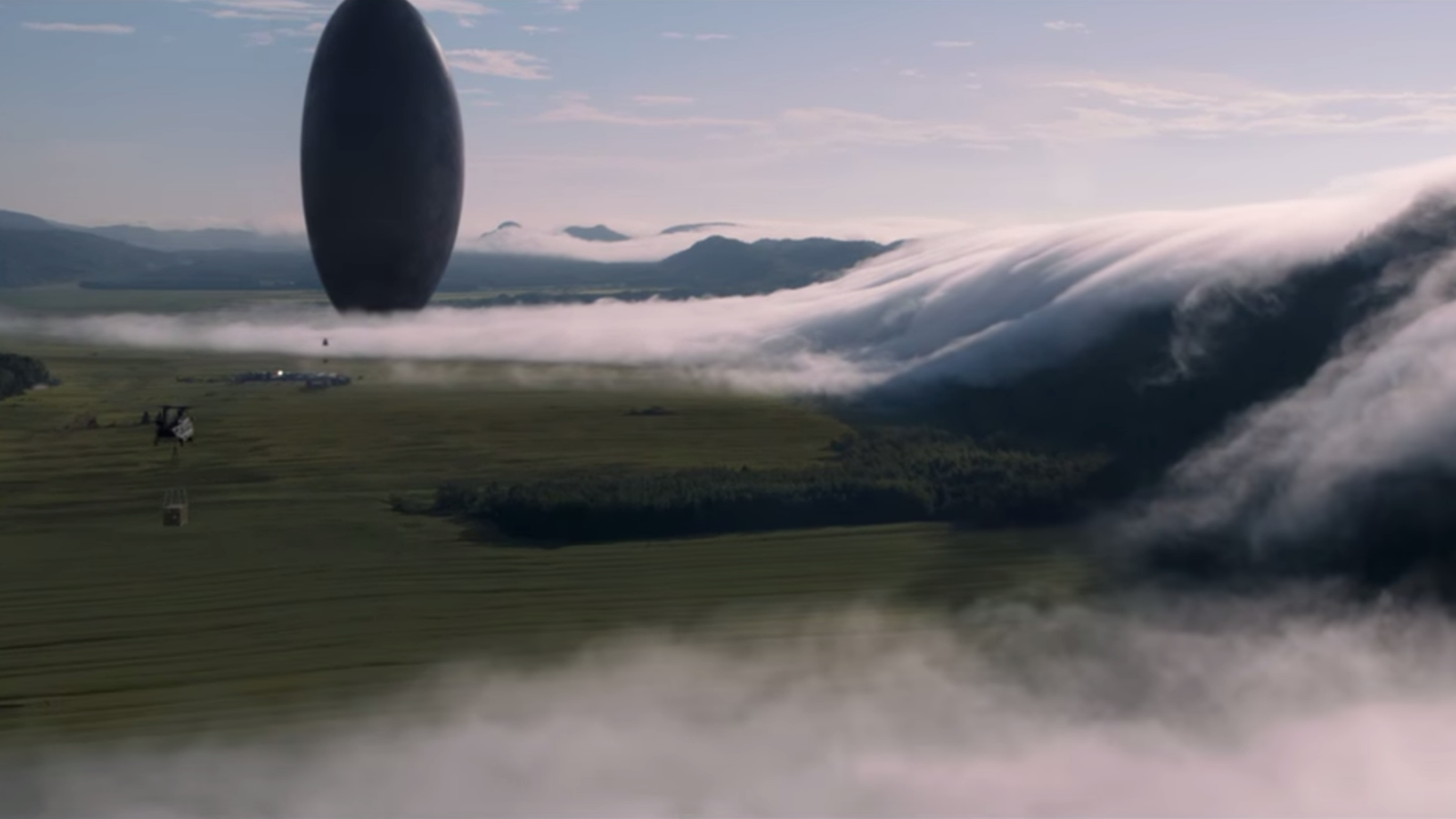
The spacecraft, we’re told, opens up once every 18 hours, and with a team including easygoing physicist Ian Donelly (played by Jeremy Renner) and overbearing Army colonel (Forest Whitaker), Dr. Banks enters the ship with the intent to make contact. It’s here that Villeneuve’s filmmaking maturity shines. Instead of a sophomoric sequence depicting the magnificence of the ship’s inner alien workings, he sits back and lets the audience experience the boarding of the vessel through the perspective of the nervous Dr. Banks. With her labored breathing in our ear, we’re hoisted up into the strange cavern and it’s through her eyes that we see the curious beings for the first time.
As the visions of her daughter’s death intensify, the visitors seem to gravitate toward Dr. Banks’ emotions, which are raw with grief, and it is with her that they achieve a rudimentary form of understanding resulting in a basic understanding between the researchers and the aliens.
Ironically, as inter-species understanding blossoms, international communication breaks down. Russia, host to two of the 12 ships, executes one of their own in order to prevent information from being shared. China belligerently threatens military action against their craft. Pakistan and Sierra Leone follow suit, cutting off ties and threatening aggression.

Under renewed duress, Dr. Banks climbs back into the ship and uses their basic means of communication to ask their intentions. The response is ambiguous—is it a gift or a threat? As other nations learn of the possible threat, more of them prepare for war.
With the second act in full swing, the film benefits from Villeneuve’s masterful pacing and impeccable visual composition as well as Heisserer’s terse narrative, which relies heavily on Benjamin Lee Whorf’s theory that the structure of a language affects the speaker’s cognition.
A friend described Arrival as a “thinking person’s science fiction film,” which wouldn’t be entirely inaccurate due to the science and philosophy that imbues the film, but more than anything it’s the feeling person’s science fiction film. In an era marked by fear (on both sides) of partisan politics, Arrival uncovers the perils of aggression and the risk of treating an unknown other like an enemy.
It would really be a disservice to delve much more into the plot and the ensuing twist—a twist, by the way that really works because while it seemingly comes from nowhere, clues can be found peppered throughout the film. This is the kind of philosophical film with a twist that is as important to the ethos of the film as it is to the structure.
Arrival doesn’t beat you over the head with details. It doesn’t rely on special effects or large action sequences, and the film’s big reveal feels more like a hearty payoff than a cheap end cap. This is an elegant story about a mother who is navigating the trauma of losing her daughter while trying to unravel the mysteries of the universe. The film asks the big questions in a riveting way. See it.
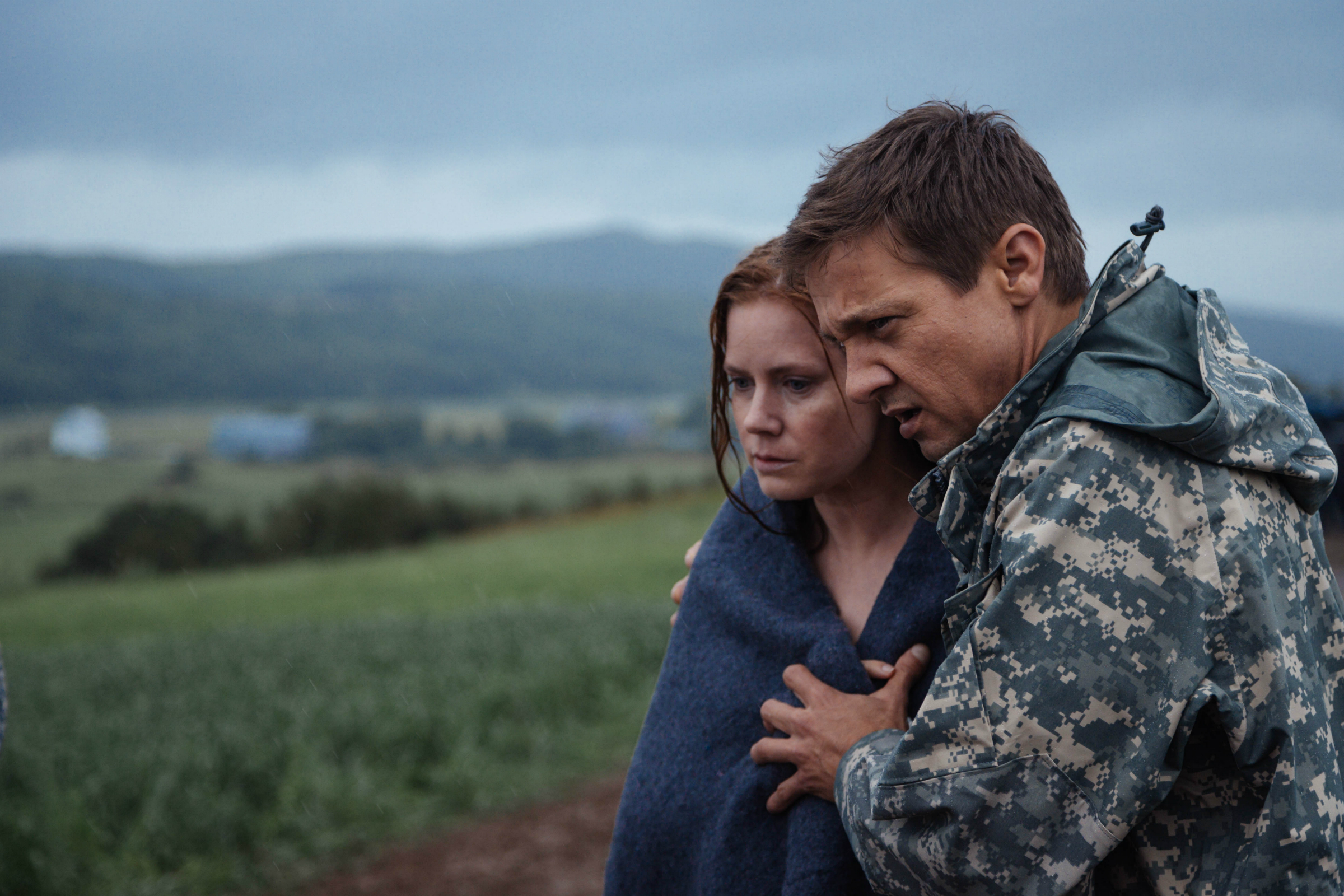
Out of the Furnace
Rated R
When I lay my head down on the pillow each night, there are only two things I wish for. The first is to meet and marry the woman of my dreams and have seven children that all grow up to be Olympians, senators, longshoremen, cattle rustlers, rum-runners, drag queens and Chamber of Commerce members. The second is more Woody Harrelson. Honest to Christ, is there a more underrated actor in all of Hollywood? I eagerly await the day True Detective debuts on HBO so I can get my weekly Woody. (Jesus did I say that? Or just think it?)
Director Scott Cooper must hold similar sentiments, as he opens his latest—the grey-skied Rust Belt drama Out of the Furnace—with the man of the hour front and center. Harrelson plays Harlan DeGroat, a savage, bare-knuckle kingpin of the New Jersey backwoods, and announces his presence at a drive-in movie theater with a classic villainous introduction that immediately forces the audience to hate everything about his very being (reminiscent of Denzel’s introductory scene at the diner in Training Day). We are quickly transported to North Braddock, Pennsylvania, a dreary steel town in Allegheny County where Russell Baze (Christian Bale) leads a typical, if not content, millworker’s life. He has a troubled G.I. brother up to his eyes in the wrong kind of debt (Casey Affleck), a girlfriend longing for pregnancy (Zoe Saldana) and a father dying of cancer, watched over by a loving uncle (Sam Shepard).
Russell looks out for his brother, Rodney, best he can, paying forward to John Petty (Willem Dafoe), the seedy but good-hearted bar owner/back-alley fight promoter that just can’t seem to get the prideful Rodney to take a dive for the sake of evening the score. But Russell’s world is turned upside-down when he careens his truck into the back of a station wagon while under the influence, killing a mother and child. He’s sent to prison, whereupon he misses the death of his father, in addition to his girlfriend leaving him for a local cop (Forest Whitaker).
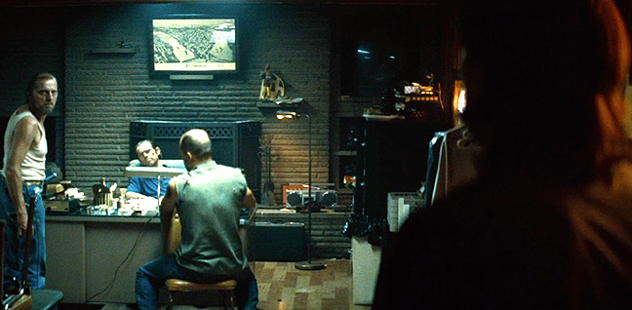
As you might have gleaned, Out of the Furnace is not a particularly uplifting film. It strives from the outset for a tone of drab melancholy, depicting bemused yet sympathetic characters. The plot is slow to materialize, which at times is frustrating, but the beautifully smoky and grim Rust Belt scenery often stands firm in the plot’s rightful place. Make no mistake, though; it is a misstep that by the time Russell is released from prison, a good portion of the film has passed and we’re still without any real notion of where anything is headed. But where Killing Me Softly and The Counselor fell flat on their faces in this same predicament, Out of the Furnace gets by with its utter lack of pretension. There is no attempt whatsoever at conveying any sort of pseudo-philosophical bullshit, nor is there anything slick or sleek about the characters themselves. They’re gritty and bare bones, which is to say there is not one instance of Brad Pitt eating a cheeseburger in a leather coat.
Eventually Rodney pushes John Petty against his better judgment and into booking him a fight in the Ramapo Mountains of Appalachian New Jersey, where our underutilized villain resides as king hillbilly. In what probably marks the zenith of the film via interpolation of brutal fist fighting and deer hunting, the trip proves disastrous just as foreseen, leaving both Petty and Rodney dead. Back home in North Braddock, the wheels of justice are seemingly slow to turn due to state lines and the backwoods secrecy of the Ramapo hill people. This leads Russell down the inevitable path of taking matters into his own hands, walking the viewers down a stretch of misguided and somewhat uninteresting cat and mouse play between him and DeGroat. We’re led to a climax that is something less than climatic, which, when considering the film’s general deliberation, is not altogether surprising.
When all is said and done, Out of the Furnace is a flawed success. A character-driven drama lacking in substance, superbly acted and gloriously shot amid some of America’s most unsung natural beauty. In looking to bookend this review with ruminations on Woody Harrelson (which might as well be applied to all thoughts in life), his sterling performance of Harlan DeGroat serves as a euphemism for pretty much the entire film in that it’s both brilliant and underdeveloped. Out of the Furnace will likely leave you with that feeling of a near miss, though sometimes being near is still close enough.
